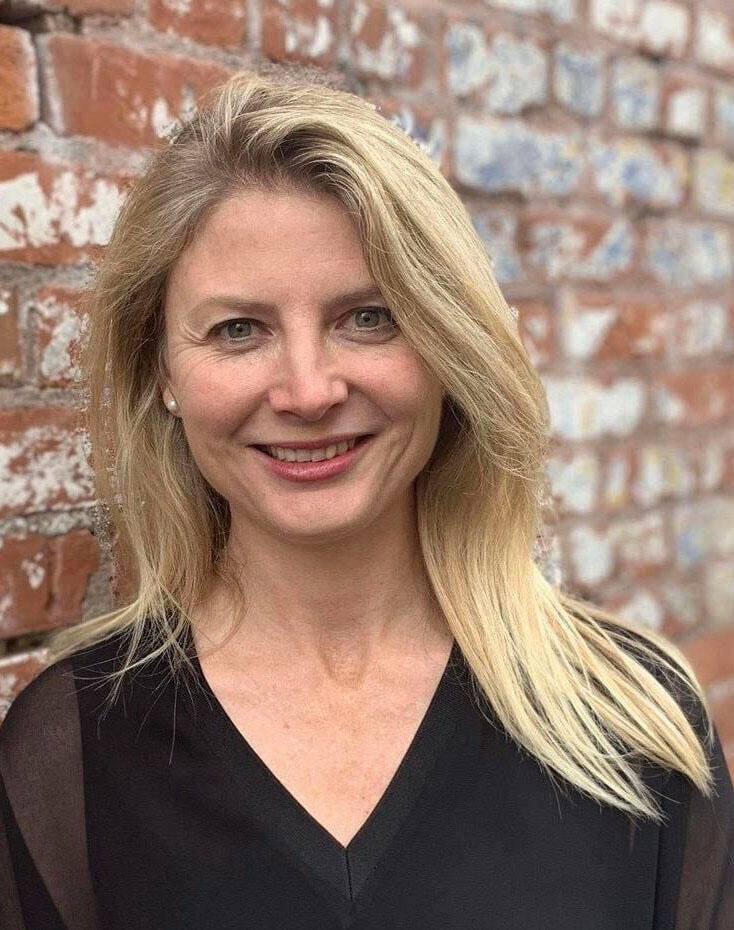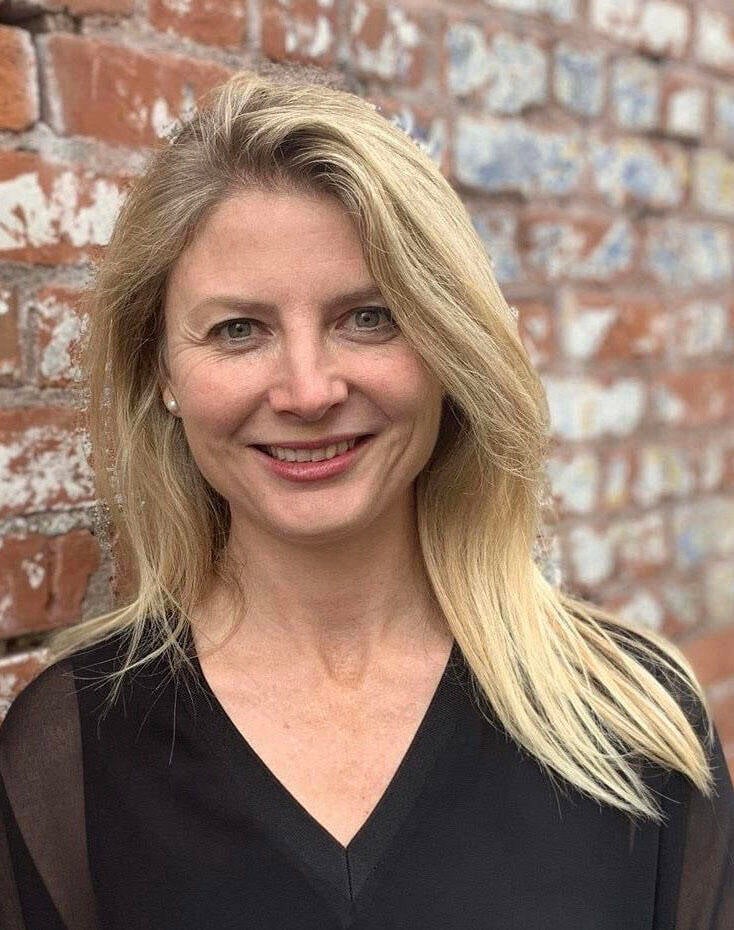As a mother of a 10-year-old and a 12-year-old, I am often surprised. They would rather be behind a screen than playing in the park.
Head of Thematic Programme: Sexual Exploitation of Children | Terre des Hommes
Fore
word
Zosa Gruber,

They treasure the friendships they’ve made with anonymous avatars. They even dream of becoming professional gamers or YouTubers in the future. They are growing up in a world that looks nothing like the one I knew as a child. And yet, as a parent, I am expected to know how to guide, support, and protect them in this complex online world.
Even though I am working at Terre des Hommes to create a safer world for children globally, I still feel overwhelmed as a parent. I am worries when I hear about the rollback of safety measures on Instagram and X, exposing children to even more harmful content. If I am feeling this way, how must other parents around the world be feeling?
Terre des Hommes is listening, because we want to work with parents, instead of for parents. We have heard parents share their concerns and their call for support. We have also heard from parents who are already finding ways to protect their children, supporting one another with practical tips. Building on this, we have co-created practical tools for parents, with parents. At the core of these tools is one simple but powerful thing: conversations.
Conversations where children feel safe to talk to their parents about the things that worry them, also online
Conversations where parents feel equipped to guide their children in identifying and responding to risks, also online.
Conversations where all family members can set boundaries around appropriate behaviour and relationships with friends, family, and others, also online.
And conversations where parents and children can take real action, together. By adopting healthy online habits, prioritising mental health and calling out harmful sexual behaviour, while holding big tech companies and governments accountable for designing and regulating safer digital spaces for all children, instead of prioritising profits.
The internet should - and can - be a space where children learn, connect, and play safely and positively. I am optimistic that by investing in research and co-creating solutions with children, parents and families, my children and yours will be safer online.
Together, we can make the online world safer for all children.
As a mother of a 10-year-old and a 12-year-old, I am often surprised. They would rather be behind a screen than playing in the park.
Fore
word
Head of Thematic Programme: Sexual Exploitation of Children | Terre des Hommes
Zosa Gruber,
They treasure the friendships they’ve made with anonymous avatars. They even dream of becoming professional gamers or YouTubers in the future. They are growing up in a world that looks nothing like the one I knew as a child. And yet, as a parent, I am expected to know how to guide, support, and protect them in this complex online world.
Even though I am working at Terre des Hommes to create a safer world for children globally, I still feel overwhelmed as a parent. I am worries when I hear about the rollback of safety measures on Instagram and X, exposing children to even more harmful content. If I am feeling this way, how must other parents around the world be feeling?
Terre des Hommes is listening, because we want to work with parents, instead of for parents. We have heard parents share their concerns and their call for support. We have also heard from parents who are already finding ways to protect their children, supporting one another with practical tips. Building on this, we have co-created practical tools for parents, with parents. At the core of these tools is one simple but powerful thing: conversations.
Conversations where children feel safe to talk to their parents about the things that worry them, also online
Conversations where parents feel equipped to guide their children in identifying and responding to risks, also online.
Conversations where all family members can set boundaries around appropriate behaviour and relationships with friends, family, and others, also online.
And conversations where parents and children can take real action, together. By adopting healthy online habits, prioritising mental health and calling out harmful sexual behaviour, while holding big tech companies and governments accountable for designing and regulating safer digital spaces for all children, instead of prioritising profits.
The internet should - and can - be a space where children learn, connect, and play safely and positively. I am optimistic that by investing in research and co-creating solutions with children, parents and families, my children and yours will be safer online.
Together, we can make the online world safer for all children.
Zosa Gruber is xxx
